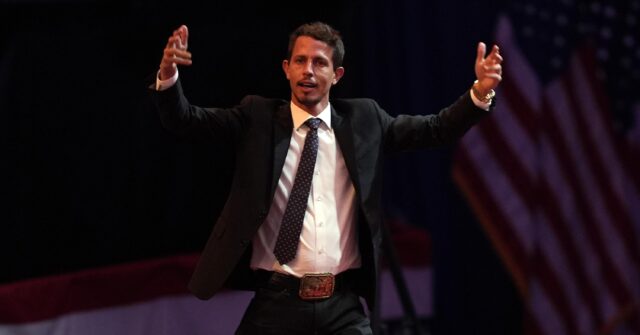The Southern Poverty Law Center (SPLC) Action Fund recently issued a statement condemning the derogatory remarks made against the “Latinx” community during a rally held by former President Donald Trump at Madison Square Garden. The SPLC Action Fund, a social welfare organization affiliated with the SPLC, which primarily functions as a charitable group, actively monitors and identifies hate groups on the political right. The SPLC often faces criticism from conservative circles, some of whom have labeled it a hate group in return. The complexity of this discourse highlights the charged environment surrounding contemporary political rhetoric and the significance of labels like “hate group” in American political life.
The SPLC expressed concern for the safety and dignity of the Latinx community, particularly in light of historical events, including an attempted mass shooting at the Family Research Council in 2012, which some attributed to SPLC’s designation of the group as a hate group for its traditional marriage viewpoints. The recent comments at Trump’s rally were perceived as a continuation of a troubling trend of rhetoric that disrespects marginalized communities. In the face of this, the SPLC Action Fund emphasized the importance of condemning hate speech in all its forms, particularly as it pertains to political leadership. Margaret Huang, president and CEO of the SPLC Action Fund, underscored the significance of treating the growing Latinx population in the United States with the respect they deserve.
The term “Latinx” has emerged from efforts on the political left to create an inclusive identity that respects all gender identities, replacing traditional Spanish terms “Latino” and “Latina.” Despite being designed to foster inclusivity, recent surveys indicate that less than 2% of Americans of Hispanic descent actually identify with the term “Latinx.” The ambiguity surrounding its usage reflects a broader disconnect between political discourse and the preferences of the communities it intends to represent. The SPLC Action Fund’s condemnation highlights the need for political leaders to be attuned to the voices and concerns of the communities they seek to engage.
During Trump’s rally, the remarks that drew the SPLC Action Fund’s ire were made by comedian Tony Hinchcliffe, who served as the warmup act for the event. His set, filled with controversial jokes, aimed to resonate with the audience but ultimately landed as offensive, particularly towards the Latinx community. The SPLC noted that such rhetoric has no place in politics, stressing that humor should not come at the expense of dignity. It urged political leaders to foster an environment of unity and respect, rather than one characterized by ridicule and division, particularly at a moment where the Latinx vote is increasingly pivotal in electoral politics.
Hinchcliffe’s act featured a mixture of light-hearted banter and more pointed commentary, including derogatory jokes about Puerto Rico and references that flouted political correctness. His comments elicited mixed reactions from the crowd, spotlighting the prevailing tensions surrounding race and identity in the current cultural landscape. The audience’s enthusiastic responses suggested that some within the crowd found his humor acceptable, raising questions about the intersection of comedy, race, and politics in contemporary America. The SPLC’s condemnation of these remarks serves as a reminder of the power of political language and the considerable responsibility that comes with it.
In conclusion, the SPLC Action Fund’s statements and the events that transpired at Trump’s rally reveal the complexities of political dialogue in America, underscored by the realities of race, identity, and leadership. The interplay between humor and offense, particularly in a charged political climate, underscores the vital need for sensitivity and respect for marginalized communities. With the Latinx vote becoming an increasingly critical factor in American politics, leaders must navigate their rhetoric carefully, ensuring that their platforms promote unity rather than division. The discourse surrounding the use of terms like “Latinx” serves as a poignant reminder of the challenges facing inclusive politics and the ongoing struggle for respect and dignity in public discourse.

